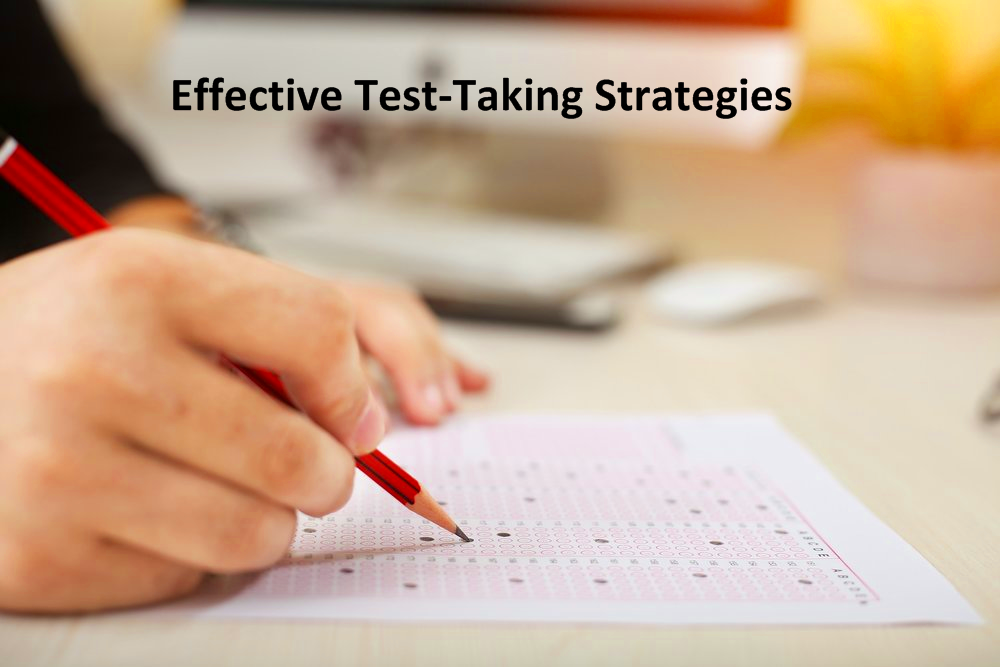The Benefits of Physical Exercise for Cognitive Performance

Discover the amazing benefits of physical exercise for cognitive performance in this comprehensive article. Learn how exercise impacts the brain, enhances memory, improves focus, and boosts creativity. Find recommended physical activities for all age groups and explore the role of nutrition in cognitive health. Overcome barriers to exercise and create a personalized cognitive performance plan. Unlock the potential of your mind with this insightful guide.
In today’s fast-paced world, cognitive performance plays a crucial role in our ability to thrive both personally and professionally. Cognitive abilities encompass a wide range of mental processes, including memory, attention, problem-solving, and creativity. As our lives become increasingly demanding, finding effective ways to enhance cognitive function has become a priority for many. One promising approach that has gained significant attention is the relationship between physical exercise and cognitive performance.
Read More: The Role of Sleep in Learning: How Rest Fuels Academic Success
Understanding Cognitive Performance
Before delving into the benefits of physical exercise, it’s essential to grasp what cognitive performance entails. Cognitive performance refers to the brain’s ability to process, retain, and use information effectively. It encompasses various aspects such as reasoning, perception, language, and attention. The brain’s capacity for cognitive tasks can be influenced by various factors, including age, genetics, lifestyle, and environmental factors.
The Science Behind Physical Exercise and Cognitive Performance
The connection between physical exercise and cognitive function is rooted in neuroscience. Engaging in regular exercise stimulates the release of neurotransmitters, such as dopamine and serotonin, which play a vital role in brain health. These neurotransmitters help regulate mood, reduce stress, and promote overall cognitive well-being.
Benefits of Physical Exercise for Cognitive Performance
Enhanced Memory and Learning
One of the most significant benefits of regular physical exercise is its positive impact on memory and learning capabilities. Exercise increases blood flow to the brain, which facilitates the delivery of oxygen and nutrients necessary for optimal brain function. Studies have shown that individuals who exercise regularly tend to have better memory retention and an improved ability to learn new information.
Increased Focus and Concentration
In today’s digital age, maintaining focus has become a challenge for many. Engaging in aerobic exercises, such as running or swimming, has been shown to enhance focus and concentration. Exercise triggers the release of endorphins, which can sharpen mental clarity and improve attention span.
Improved Mood and Reduced Stress
Physical exercise is a natural mood booster. It stimulates the production of endorphins, often referred to as “feel-good” hormones, which can alleviate feelings of stress, anxiety, and depression. Regular exercise provides an outlet for pent-up emotions, promoting emotional well-being and a positive outlook on life.
Boosted Creativity and Problem-Solving Skills
Engaging in physical activities can stimulate creative thinking and problem-solving abilities. Exercise encourages the brain to form new connections between neurons, enhancing cognitive flexibility and adaptability. Many individuals report experiencing a surge in creative ideas and innovative solutions after engaging in physical exercise.
Recommended Physical Activities for Cognitive Health
To harness the cognitive benefits of physical exercise, certain activities are particularly beneficial:
Aerobic Exercises
Aerobic exercises, such as brisk walking, jogging, cycling, and dancing, are excellent for cardiovascular health and cognitive performance. These activities increase blood flow to the brain, which can improve memory and cognitive processing.
Strength Training
Strength training, including weightlifting and resistance exercises, contributes to better brain health. It helps release chemicals that support brain cell growth and connectivity.
Mind-Body Exercises
Mind-body exercises like yoga and tai chi promote relaxation and stress reduction. The combination of physical movement and focused breathing can enhance cognitive function and emotional well-being.
Exercising for Different Age Groups
The cognitive benefits of exercise extend across all age groups:
Children and Adolescents
Regular physical activity is essential for children and adolescents as their brains are still developing. Exercise can improve academic performance, attention span, and social skills.
Adults and Middle-Aged Individuals
For adults and middle-aged individuals, exercise can help maintain cognitive function and reduce the risk of cognitive decline.
Seniors and Elderly
In seniors and elderly individuals, physical exercise can be a potent tool in preventing cognitive impairment and age-related cognitive decline.
The Role of Nutrition in Cognitive Performance
While exercise is crucial for cognitive performance, proper nutrition also plays a significant role:
Nutrients That Support Brain Health
Certain nutrients, such as omega-3 fatty acids, antioxidants, and B vitamins, are essential for brain health. Including these nutrients in the diet can optimize cognitive function.
The Importance of a Balanced Diet
Maintaining a balanced diet that includes a variety of fruits, vegetables, whole grains, and lean proteins is vital for overall cognitive well-being.
Combining Mental and Physical Exercise
To maximize cognitive benefits, combining mental exercises with physical workouts is recommended:
Brain Training Activities
Engaging in brain teasers, puzzles, and memory games can challenge the mind and keep the brain sharp.
Integrating Mental Challenges with Physical Workouts
Incorporating cognitive tasks, such as counting or reciting facts, during exercise sessions can add an extra layer of mental stimulation.
Cognitive Benefits Beyond Brain Health
The advantages of physical exercise for cognitive performance go beyond brain health:
Improved Sleep Patterns
Regular exercise can improve sleep quality, which is essential for cognitive restoration and consolidation of memories.
Enhanced Overall Well-Being
Physical activity promotes a sense of accomplishment and overall well-being, contributing to a positive mindset and improved cognitive abilities.
Overcoming Barriers to Physical Exercise
While the benefits are clear, some individuals face barriers to regular exercise:
Time Constraints
Busy schedules can make it challenging to find time for exercise. Incorporating short bursts of physical activity throughout the day can be just as beneficial.
Lack of Motivation
Staying motivated can be difficult, but finding enjoyable activities and setting achievable goals can help maintain enthusiasm.
Physical Limitations
Individuals with physical limitations can explore low-impact exercises or consult with a healthcare professional to find suitable activities.
Creating a Personalized Cognitive Performance Plan
To embark on a journey towards improved cognitive performance, consider the following:
Setting Realistic Goals
Establish specific, measurable, attainable, relevant, and time-bound (SMART) goals to track progress effectively.
Tracking Progress and Results
Keep a journal to monitor improvements in cognitive abilities and overall well-being over time.
Read More: The Impact of Nutrition on Brain Function: Foods for Cognitive Enhancement
Conclusion
Physical exercise is a powerful tool for enhancing cognitive performance and promoting overall brain health. By incorporating aerobic exercises, strength training, and mind-body activities into our daily routines, we can unlock a host of cognitive benefits, including improved memory, increased focus, and heightened creativity. Coupled with a balanced diet and mental exercises, regular physical activity can lead to a sharper, more agile mind and a happier, healthier life.
FAQs
Can physical exercise improve cognitive function in older adults?
Yes, engaging in regular physical activity can help preserve cognitive abilities and reduce the risk of cognitive decline in older adults.
How often should I exercise to experience cognitive benefits?
Aim for at least 150 minutes of moderate-intensity exercise or 75 minutes of vigorous-intensity exercise per week to reap cognitive benefits.
Are there specific exercises that target cognitive function?
While various exercises can enhance cognitive performance, activities that combine coordination, balance, and mental challenges, such as dance or tai chi, are particularly beneficial.
Can exercise help with conditions like ADHD and depression?
Yes, physical exercise has been shown to alleviate symptoms of ADHD and depression by boosting neurotransmitters that regulate mood and attention.
Is it ever too late to start exercising for cognitive benefits?
No, it is never too late to start. Regular exercise can still provide cognitive advantages, regardless of age, and may even slow down cognitive decline.








One Comment